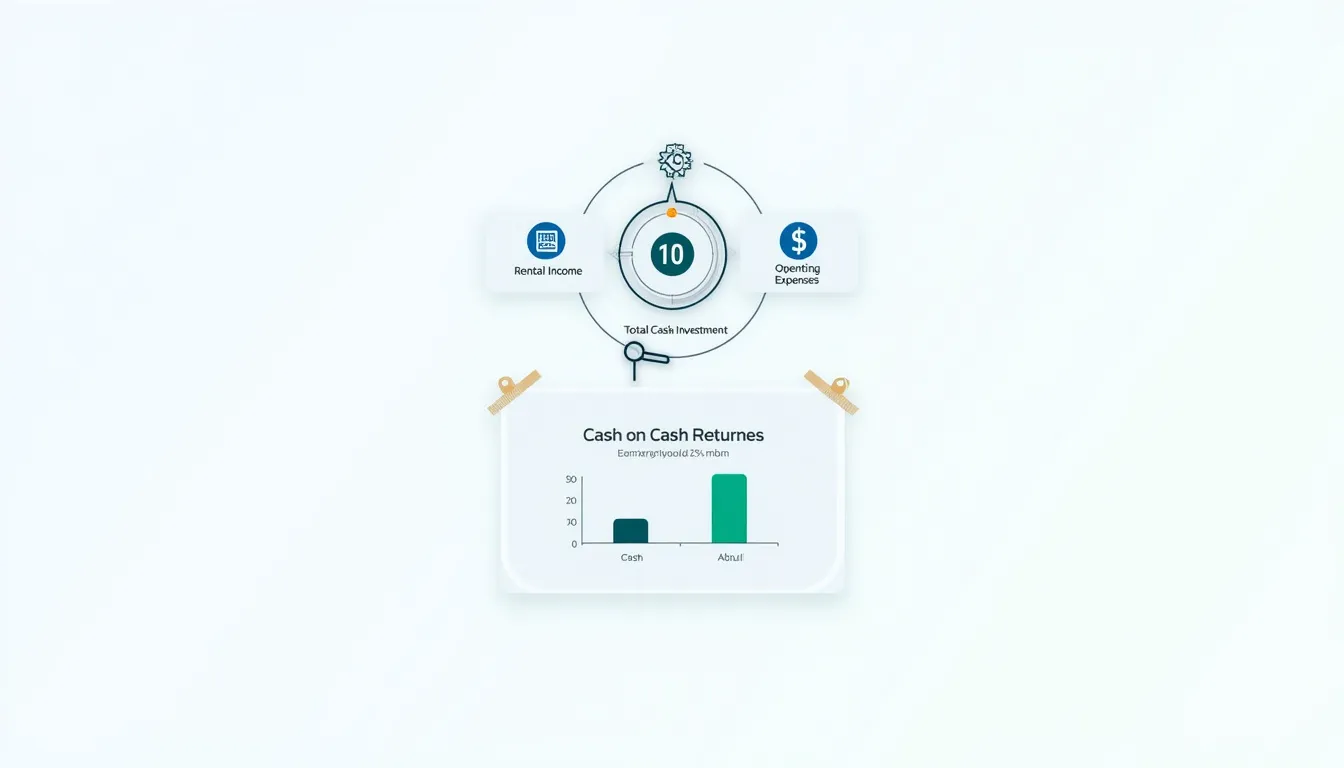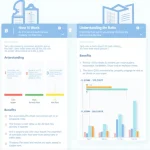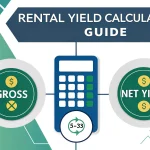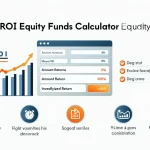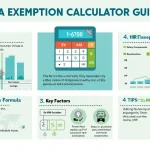Cash on Cash Return Calculator
Is this tool helpful?
How to use the tool
- Enter Rental Income. Type the monthly rent, e.g., $2 450 or $3 150.
- Add Other Income. Include parking, laundry, etc.—try $90 or $220.
- Fill in Operating Expenses. Input monthly costs such as taxes and maintenance, e.g., $920 or $1 150.
- Input Cash Investment. Combine down payment, closing and rehab—sample figures: $82 000 or $115 000.
- Press “Calculate”. The tool returns your cash-on-cash percentage instantly.
Formulas used
Monthly Net Operating Income (NOI):
$$ NOI_{mo}=Rental\;Income+Other\;Income-Operating\;Expenses $$Annual Cash-on-Cash Return:
$$ CoC\;(\%)= rac{NOI_{mo}\times12}{Cash\;Investment}\times100 $$Worked example
- Rental Income: $2 450
- Other Income: $90
- Operating Expenses: $920
- Cash Investment: $82 000
NOImo=2 450+90−920=1 620
NOIyr=1 620×12=19 440
CoC=19 440÷82 000×100=23.7 %
Quick-Facts
- “Good” CoC range: 8-12 % for rentals (BiggerPockets, 2022).
- Average U.S. down-payment: 13 % of price (NAR, 2023).
- Typical operating expenses: 35-45 % of gross rent (HUD Multifamily Guide, 2023).
- 30-year fixed mortgage rate: 6.72 % in May 2024 (Freddie Mac PMMS).
FAQ
What is cash-on-cash return?
Cash-on-cash return measures annual pre-tax cash flow divided by the total cash you invested. It isolates immediate liquidity rather than long-term appreciation (Investor.gov, 2023).
How do I calculate annual NOI?
Add twelve months of rent and ancillary income, subtract twelve months of operating expenses. The formula excludes mortgage principal and depreciation (IRS Pub 527, 2023).
What is a “good” percentage?
Most investors target 8-12 % to outpace financing costs and inflation (BiggerPockets, 2022). High-risk areas may demand 15 % or more for safety.
Can cash-on-cash return be negative?
Yes. If expenses and vacancy push NOI below zero, CoC turns negative, signalling a cash-bleeding asset that needs renegotiation or exit (HUD, 2023).
How does leverage affect CoC?
Borrowing lowers the cash you put in, so the same cash flow yields a higher percentage return—until debt service rises faster than income (Fannie Mae Multifamily, 2023).
How often should I recalculate?
Update figures annually and after rent changes, refinancing, or major repairs to keep projections aligned with reality (NAR Investor Report, 2024).
Is CoC the same as cap rate?
No. Cap rate divides NOI by purchase price, assuming an all-cash deal. CoC divides NOI by your actual cash outlay, reflecting financing (CCIM Institute, 2023).
How can I improve my CoC?
Boost revenue (raise rents, add storage), trim controllable expenses, or refinance to release trapped equity—each increases NOI or lowers cash basis (Freddie Mac Multifamily, 2023). “Operating expenses generally range between thirty-five and forty-five percent of effective gross income” (HUD, 2023).
Important Disclaimer
The calculations, results, and content provided by our tools are not guaranteed to be accurate, complete, or reliable. Users are responsible for verifying and interpreting the results. Our content and tools may contain errors, biases, or inconsistencies. Do not enter personal data, sensitive information, or personally identifiable information in our web forms or tools. Such data entry violates our terms of service and may result in unauthorized disclosure to third parties. We reserve the right to save inputs and outputs from our tools for the purposes of error debugging, bias identification, and performance improvement. External companies providing AI models used in our tools may also save and process data in accordance with their own policies. By using our tools, you consent to this data collection and processing. We reserve the right to limit the usage of our tools based on current usability factors.
